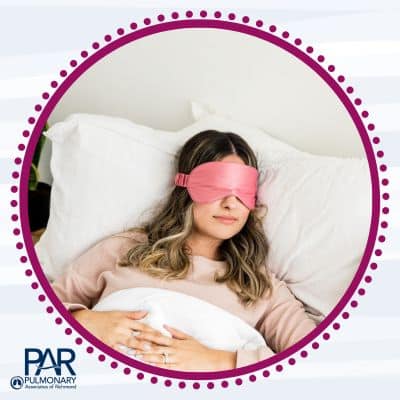Getting a good night’s sleep is essential for our physical and mental well-being. Unfortunately, many people struggle with sleep problems, which can lead to fatigue, decreased productivity and poor health. In this blog, we will discuss some tips for getting a better night’s sleep.
Tips For Better Sleep
Stick to a Sleep Schedule
Going to bed and waking up at the same time every day, even on weekends, helps regulate your body’s internal clock. This consistency will help you fall asleep faster and wake up feeling more refreshed.
Create a Bedtime Routine
Developing a relaxing bedtime routine can help signal to your body that it’s time to wind down and prepare for sleep. A routine might include taking a warm bath, reading a book or practicing relaxation techniques.
Create a Sleep-Conducive Environment
Ensure that your bedroom is dark, quiet and cool. Invest in good quality bedding and a comfortable mattress that suits your sleep style. Using a white noise machine or earplugs and an eye mask can also help you create a peaceful environment.
Limit Stimulants
Avoid caffeine, nicotine and alcohol before bedtime. These stimulants can disrupt sleep and prevent you from getting a good night’s rest.
Avoid Electronics
The blue light emitted from electronic devices such as smartphones, laptops and tablets can interfere with the production of the sleep hormone melatonin, making it harder to fall asleep. Avoid using these devices for at least an hour before bedtime.
Exercise Regularly
Regular exercise has been shown to improve sleep quality. However, it’s important to avoid exercising too close to bedtime as it can stimulate your body and make it harder to fall asleep.
Manage Stress
Stress and anxiety can make it difficult to fall asleep and stay asleep. Engage in stress-reducing activities such as meditation, deep breathing or yoga to help calm your mind and prepare for rest.
Avoid Heavy Meals Before Bedtime
Eating a heavy meal before bedtime can lead to discomfort, heartburn and indigestion, making it harder to fall asleep. Try to eat dinner at least two to three hours before bedtime and avoid rich or spicy foods that may cause discomfort.
Keep a Sleep Diary
Keeping track of your sleep habits can help you identify patterns and make changes to improve your sleep quality. Note the time you go to bed and wake up, how long it takes to fall asleep, and any factors that may have affected your sleep, such as caffeine or alcohol consumption.
Getting a good night’s sleep is essential for our overall health and well-being. Implementing these tips and developing healthy sleep habits can help you get the restorative sleep you need to feel your best. If you continue to experience sleep problems, speak to our providers at Pulmonary Associates of Richmond.
